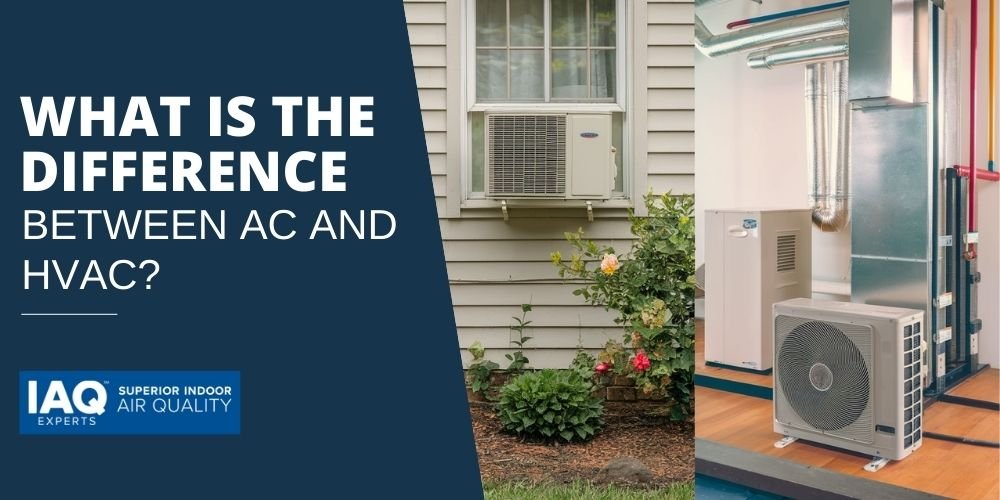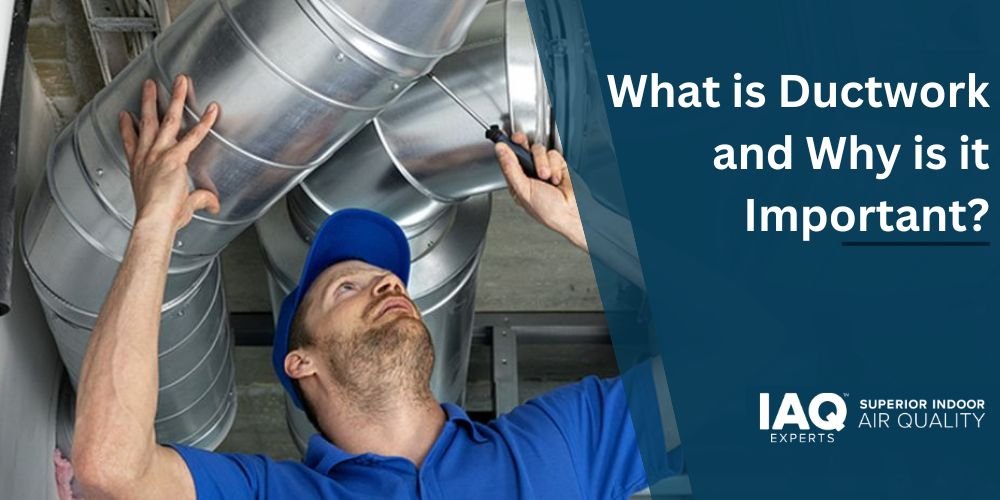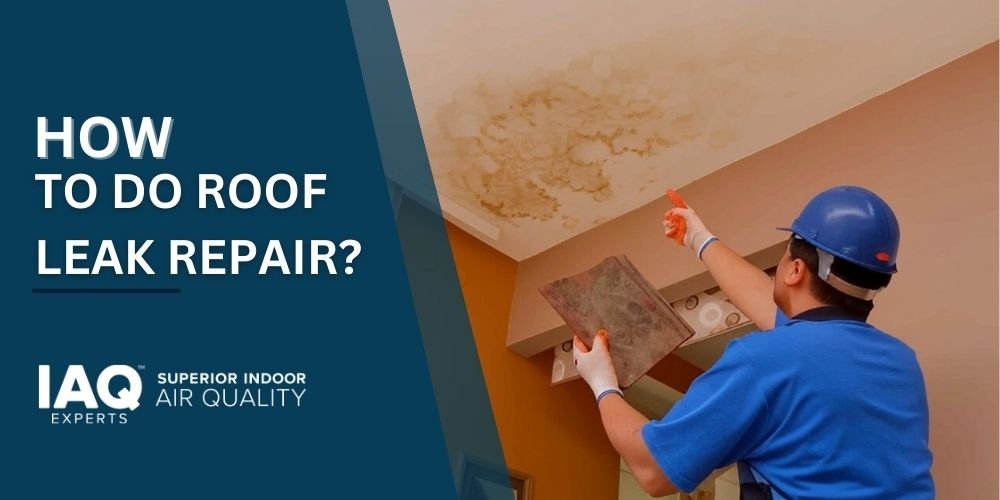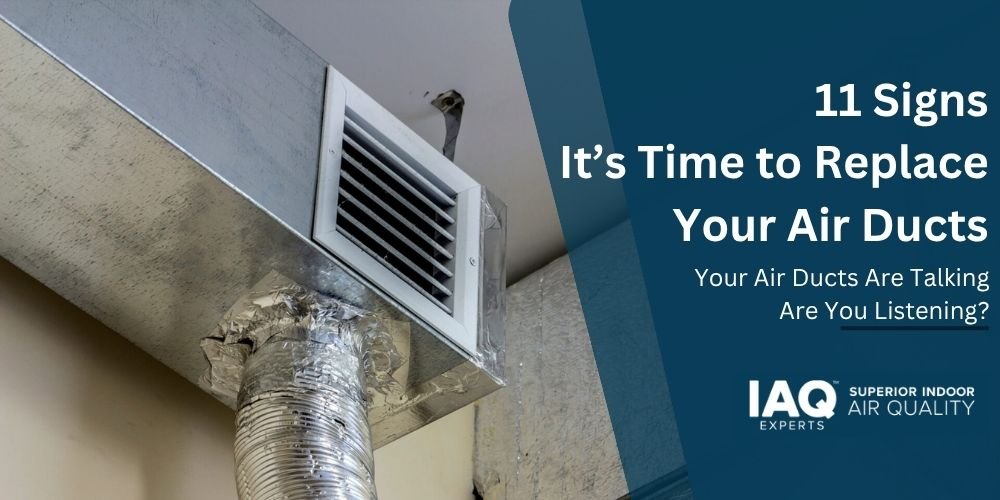Introduction
HVAC stands for Heating, Ventilation, and Air Conditioning. It is an engineered system meant to keep the atmospheric conditions of houses and buildings intact. They are mainly installed to ensure physical comfort and energy efficiency and to provide good-quality air inside the building throughout the year.
In this blog, we will outline HVAC basics: how it works, its advantages and disadvantages, and the differences between HVAC and AC systems. We will also take a closer look at the different types of HVAC systems, including central air units and heat pumps, and provide some essential tips for maintaining those systems.
Advantages And Disadvantages Of What Is HVAC?
Advantages:
HVAC systems contribute to comfort throughout the year, be it heating or cooling operations. They enhance indoor air quality by filtering dust, allergens, and pollutants. Improved HVAC systems lead to energy efficiency and thus reduce overall energy consumption.
Disadvantages:
HVAC systems are usually costlier to install upfront than AC units. They also require periodic maintenance to prolong their service life and maintain running efficiency. As HVAC systems incorporate complex machinery, troubleshooting will also be quite extensive.
What Is The Difference Between AC And HVAC?
AC
In this context, air conditioning, or AC, will refer strictly to those systems designed specifically for cooling. These units only draw heat out of the air and circulate cooled air within a house or building. These AC systems cool effectively but cannot provide heating or ventilation options, limiting their utility concerning indoor climate management.
HVAC
On the other hand, H-VAC sets are more comprehensive. HVAC in complete means Heating, Ventilation, and Air Conditioning, implying that they take care of cooling, heating, and air circulation. It makes HVAC systems ideal for comfort throughout the year by keeping indoor temperatures consistent and filtering air, improving its quality through ventilation. While AC systems serve just to cool, HVAC systems are intended to provide a complete solution in maintaining temperature and qualitative demands.
Why Is HVAC Better Than AC?
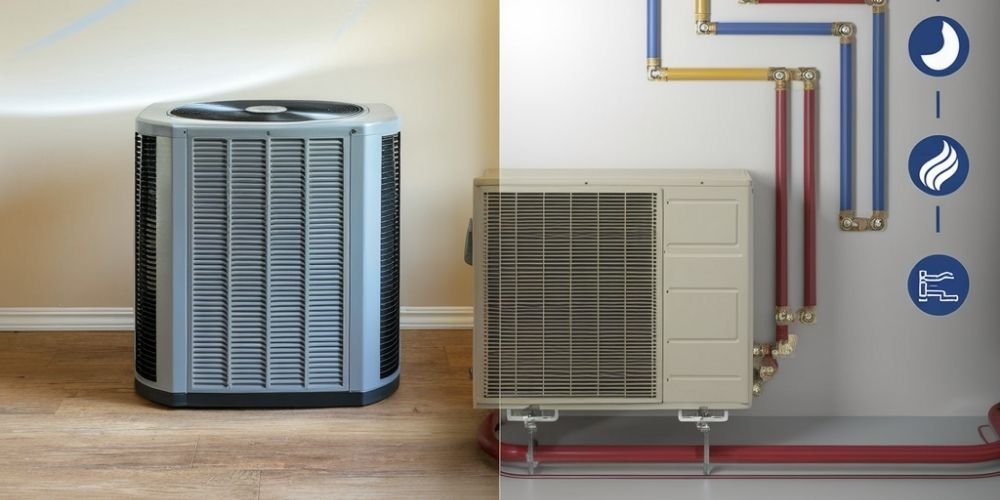
- Year-Round Comfort: Grouping comfort as a feature within HVAC heating, ventilation, and air conditioning systems will answer yearlong needs. Besides, the idea behind such a heating or cooling unit is to make them unanimously practical and sensible rather than just cooling the air with an autonomous AC that would eventually force seasonal use.
- Energy Efficiency: Most modern HVAC systems sport innovative features like zoning and programmable thermostats, allowing users to tailor temperatures room by room or at specific times of day. These features reduce energy consumption and thus make HVAC systems more efficient than conventional AC units.
- Better Indoor Air Quality: HVAC systems go the extra mile regarding temperature and ultimately improve indoor air quality. They facilitate the filtration of dust, allergens, and other contaminants while maintaining humidity, which AC units cannot manage. It makes HVAC systems better at creating a healthier indoor atmosphere.
Also Read:
https:// iaqcleaning.com/how-bad-weather-condition-can-affect-your-air-conditioner
What Is An HVAC Checklist?
An HVAC maintenance checklist will help ensure it runs more efficiently and can last longer. The routine does not allow for common pricey repairs; indoor air quality might be improved. The following is a general maintenance checklist; it would be typical for a homeowner or technician:
- Replace/Clean Filters: Check and replace air filters every 1-3 months to maintain proper airflow and reduce strain on the system.
- Check The Thermostat’s Settings: If it’s working, replace it with a wireless programmable one for better energy management.
- Clean Coils: The condenser and evaporator coils should be cleaned to prevent dust from building up, which reduces efficiency.
- Refrigerant Level Check: If the level is low, it directly influences the efficiency of cooling down. Check for leaks and proper levels.
- Ductwork Inspection: Seal any ducts to avoid air leakage, which may contribute to energy wastage.
- Check Electrical Connections: Check the tightness of connections and look for potential wiring issues.
By following these steps, your HVAC will run optimally year-round.
Conclusion
Some advantages of HVAC systems include versatility in their mode of operation, central air heating and cooling throughout the year, energy efficiency, and good indoor air quality. They offer a packaged way to control your home’s climate: comfort all year while maintaining air conditions optimally through proper ventilation and humidity control. A thorough understanding of how an HVAC system works and following a regular maintenance checklist is crucial to ensure the efficient running of your system.
The best thing the homeowner can do to optimize the performance and lifespan of such a system is to stay proactive with maintenance. Suppose you want to keep your HVAC system working at an optimum level. In that case, we suggest you contact IAQ Cleaning, a company you can rely upon for professional HVAC cleaning and maintenance services.

